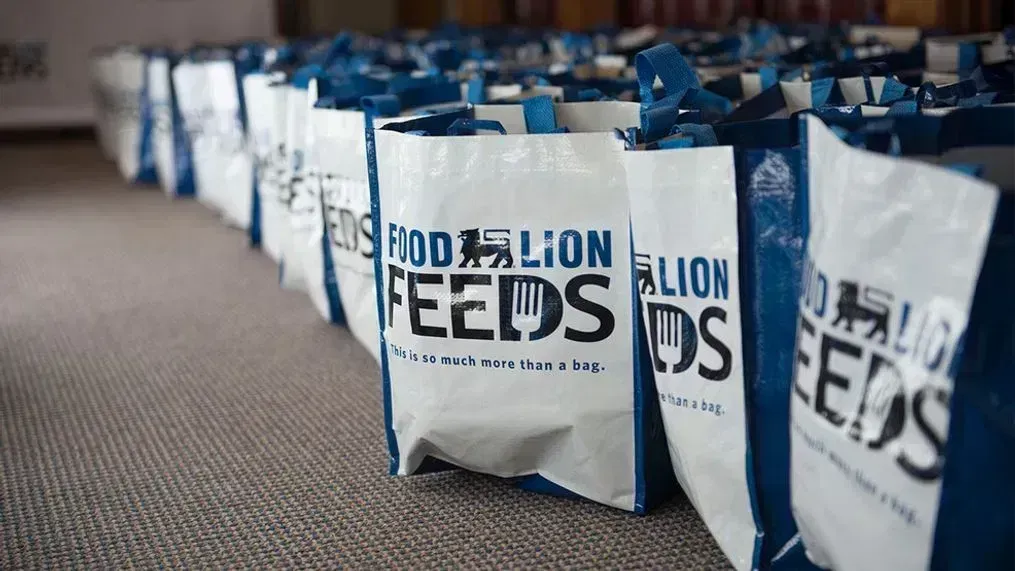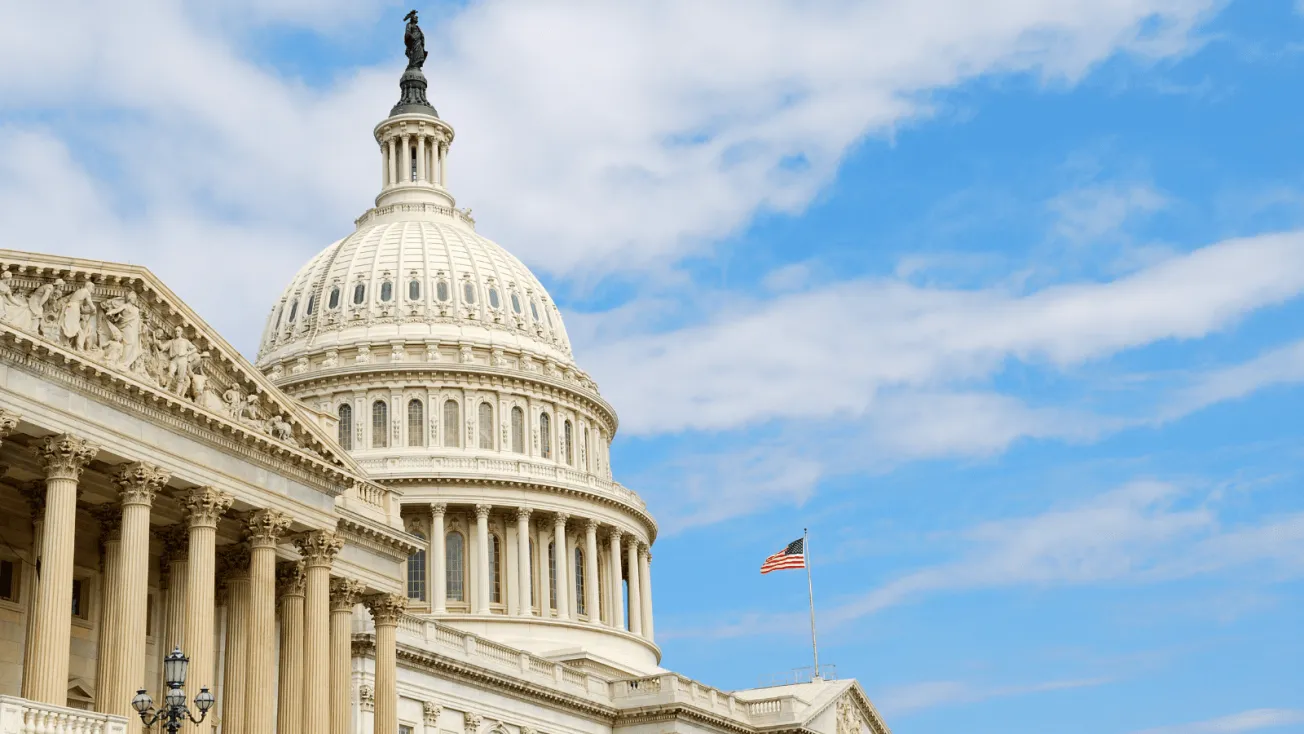PALM BEACH, Fla. — The retail pharmacy industry really demonstrated its value to the American health care system in its response to the COVID-19 pandemic, outgoing National Association of Chain Drug Stores chair Colleen Lindholz asserted during her remarks at the association’s Annual Meeting here last month.
The challenge going forward will be to build on that momentum and not let the industry’s expanded role slip away once the crisis has passed.
“Our fear is that we will be distanced from our customers after the pandemic,” she said. “What if the government rolls back the policies that have improved access to pharmacies and to our teams? Sure, there is an understandable desire to move on. But we can’t waste all we’ve been through. We have the chance to secure the true freedom that comes from achieving individual health for all Americans -— and the preparedness to defend it from future public health emergencies.”
Lindholz credited pharmacists and NACDS with raising the profile of the industry and the profession. Retail pharmacies helped make COVID-19 vaccines more accessible, and ended up administering two of every three vaccine doses. They also expanded access to testing, Lindholz noted, pointing out that half of pharmacy COVID-19 vaccination sites are in areas of high social vulnerability, as are 70% of pharmacy testing sites.
Pharmacists are getting credit for their efforts from the public, Lindholz said.
“NACDS commissioned a poll that Morning Consult conducted in February,” she said. “The poll asked American adults about the response of various groups to the pandemic. Two-in-three adults — 68% — rate pharmacies’ response as good or excellent. Only hospitals rated slightly higher. And among those who got their booster shot at a pharmacy the numbers are even better — 81% of those Americans rate pharmacies’ performance as good or excellent. And pharmacies — once again — rated highest in ease of access.”
And there’s more that pharmacists can do.
Lindholz was joined on stage by Kroger chairman and chief executive officer Rodney McMullen, who talked about the magnitude of Kroger’s, and the industry’s, response to the pandemic.
“I tell our internal Kroger teams that when COVID started more than two years ago, I never dreamed that it would last so long,” he said. And I would not have been greedy enough to expect of them what they’ve actually delivered. And the same is true for everybody in this room and all your teams as well. When you think about it, we are in the front lines every day. And what our teams have stepped up and delivered is just nothing short of amazing.”
McMullen also talked about the way that Kroger and other retailers have worked with retailers in other countries, and with suppliers and government officials, in responding to the pandemic over the past two years. McMullen has met with officials in both the Trump and Biden administrations to discuss ways that businesses like Kroger can help out.
One of the topics that came up in a recent meeting with Biden administration health officials involved further expansion of the role of pharmacists in treating patients and improving access to health care.
“One of the things we talked about is the fact that nurse practitioners and doctors can test to treat,” McMullen said, noting that they can test a patient for COVID-19 and, if the test is positive, prescribe antiviral medications to treat the condition on the spot. “The efficacy of that is in the high nineties, as long as you haven’t had COVID for more than five days. And we’re still having 400 people a day dying from COVID, when it should be a fraction of that. And one of the conversations we had was about how we can allow pharmacists to have that same right. Because, as all of us know, pharmacists are an incredibly impressive group of people with amazing talent and knowledge. And how do we work together so that these people to work at the top of their license and their capability? And my argument was that I think that would be one of the easiest ways to reduce that number, the 400 people that are dying a day of COVID. Just give pharmacists that capability.”





